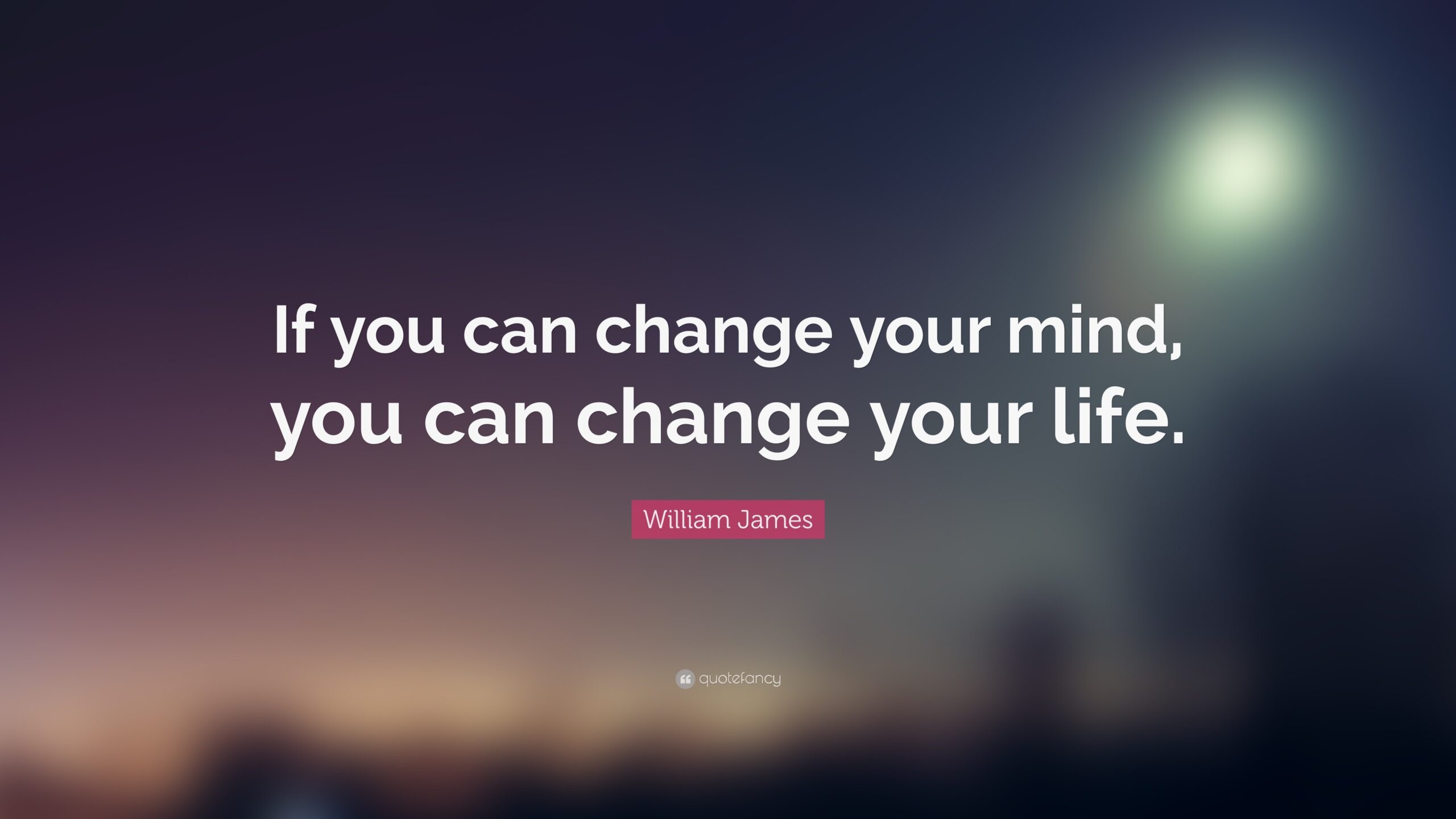Growth often requires leaving behind familiar ideas and adopting new ones. This can be uncomfortable yet immensely rewarding.
I was inspired reading a post by Jason Connell detailing beliefs he reconsidered over time. It prompted me to reflect on changes in my own perspective. While some view changing stances as inconsistent, it demonstrates evolution.
As Connell’s friend noted, we must occasionally challenge our views to truly develop.
In this post, I’ll share 6 significant mindset shifts I’ve made through the years. Some were spurred by experiences that revealed flaws in my thinking.
Others came from exposing myself to new information and people. Adopting these new mental models created positive ripples across all areas of my life.
While changing deep-rooted perspectives is difficult, it enables forward motion. Stubbornness can lead us down stagnant paths. As we accumulate life experience, staying receptive to paradigm shifts is essential.
The experts are never finished learning – that insatiable curiosity for knowledge makes them masters. Questioning my assumptions has been uncomfortable but ultimately liberating. It’s allowed me to evolve in ways I never could have by clinging to old convictions.
Reflecting on my mental pivots inspires me to bravely interrogate my own beliefs. You may be surprised by what transformative insights emerge.
1. Learning to Thrive on Human Connections
When I first entered the HR tech space, I was motivated to escape the interpersonal challenges of my previous recruitment business.
Managing a sales-driven team meant dealing with high-maintenance personalities who demanded constant praise and validation. I found myself drained even as the apparent leader.
This toxic environment made me crave the clean logic of technology over messy human relationships. I dreamed of avoiding prima donnas and just focusing on tech.
But over time, my perspective evolved. Despite my tenure in HR tech, the highlights of my day are still authentic connections with people, not technology.
I’ve realized that while challenging personalities exist, many relationships inspire and fulfil me. I’ve built profoundly meaningful bonds throughout my career.
The key is honing emotional intelligence to identify and neutralize office toxicity. Rather than rejecting people altogether, I’ve learned to sharpen my “toxic detector” through mindfulness. This helps me spot and avoid energy-sapping individuals while cherishing those who uplift me.
My duties may be technical, but I find joy and purpose in nurturing great relationships. Work is fundamentally human, and I’m thankful to reconsider my stance.
2. Discovering the Power of Empathetic Directness
I embraced an overly brusque persona that I wrongly equated with strength in my early career.
I cut niceties from my emails, excising even basic greetings or closings. My terse signature was “BR,” nixing more gracious options.
Channelling Steve Jobs’ blunt style would catalyse success. In reality, I alienated people.
This harshly direct approach was reinforced by a mentor’s Simon Cowell-esque critiques. He prided himself on “telling it straight.”
But I learned there’s a vast gap between directness and cruelty. Genuine leaders deliver hard truths with empathy.
As Maya Angelou famously said, people may forget what you said, but never forget how you made them feel. While feedback must be direct, it should aim to uplift, not bludgeon.
I strive to honour that wisdom now, pairing compassion with candour. This mindset shift transformed my leadership and relationships. I had confused callousness with strength when respect and care better earn trust.
3. Believing People Can Change for the Better
A Chinese proverb states that how you are at age 3 defines you at 80.
I once took this as an immutable truth. So I resigned to lifelong unhealthy habits, nearly becoming an alcoholic and chain smoker.
My days began with coffee and ended with beer. Cigarettes were a constant between. I thought I was trapped.
However, after developing a mindfulness practice, I realized change was possible through retraining the mind’s habits. Meditation strengthened my mental “muscles,” providing the willpower to quit caffeine, smoking, and overdrinking.
I still drink socially but mindfully. My last cigarette was in 2019. This shift required daily mental “reps” but proved habits can evolve at any age.
I credit mindfulness for this fundamental change. Regular meditation builds mental fortitude. It gives us the power to defeat even the deepest-rooted compulsions.
I’m living proof the old adage is false – we need not be prisoners of childhood inclinations. Like physical health, mental habits require training. With diligence and self-compassion, transformation is within reach. Mindfulness provides the key.
4. Recognizing the Costs of Multitasking
I once prided myself on multitasking. My rapid alt-tabbing between tasks felt like a productivity superpower.
I boasted about handling multiple complex projects simultaneously. But I was dead wrong.
Research shows multitasking tanks efficiency. The cognitive “switching costs” between tasks destroy focus, even briefly.
The American Psychological Association found people who multitask take much longer to complete assignments and make more errors.
Trying to juggle competing priorities often backfires. The mental blocks from context switching can sap 40% of productivity.
Multitasking may seem efficient, but it fragments concentration. I’ve become more mindful of this after learning about Professor Cal Newport’s “deep work” philosophy.
He advocates long periods of distraction-free focus on cognitively demanding projects. This produces greater results than frantic multitasking.
I now structure my days to minimize task switching and first zero in on the most critical assignment. While less “busy,” I get more done with less stress.
Mono-tasking requires discipline but leverages the brain’s need for deep focus. I’ve achieved more by shedding the illusion I’m superhumanly effective at multitasking.
5. Prioritizing Holistic Health
In high school, my friends and I engaged in reckless eating contests to see who could consume the most buffet food before getting sick. I’d inherit this lackadaisical approach to nutrition into my 30s.
As I aged, inactivity and poor diet caused my weight to balloon. Sports became gruelling, and I dreaded any physical exertion.
This changed when I discovered nutrition science. I cut out empty calories and sugar, dropping weight rapidly on the ketogenic diet.
Now, I aim for balance, not extremes. As researcher Valter Longo explains, the healthiest diets sustain life and vitality long-term.
I exercise daily to stay mobile and energised. My fitness level today is the best it’s ever been.
This transformation has allowed me to keep up with my four active kids. My teenage gluttony taught me we can’t abuse our bodies and expect enduring health.
With activity and wholesome foods, our vitality can improve at any age. I’m thankful everyday habits trumped my genetic predispositions. It just required education and discipline.
6. Gaining Freedom Through Fiscal Mindfulness
I’ve always needed a better handle on personal finances. Professionally, my business overdraft once ballooned to nearly $1 million.
I had injected capital during lean times without considering the opportunity cost. On top of that debt, I needed to gain basic budgeting skills.
This fiscal fog put me in a financial prison. But through podcasts from money experts like Dave Ramsey, I finally confronted my money demons.
With Ramsey’s tips, I created my first budget and financial plan. I also discovered apps like Spendee to track spending effortlessly.
Equipped with knowledge and tools, I exercised discipline to pay off crippling debts and build savings. I’m now just months away from zero non-mortgage debt.
It was uncomfortable to admit my money flaws. But life experience helped me evolve misguided fiscal notions. With maturity comes a clearer perspective.
I broke free of financial instability by swallowing my pride and adopting prudent money management habits. Mindset preceded action.
Owning my past money mistakes freed me to craft a stable future. I’m humbled at how much I’ve grown by listening to others. We’re never too wise to take good advice.





